What Are HVAC Systems? Everything You Need To Know
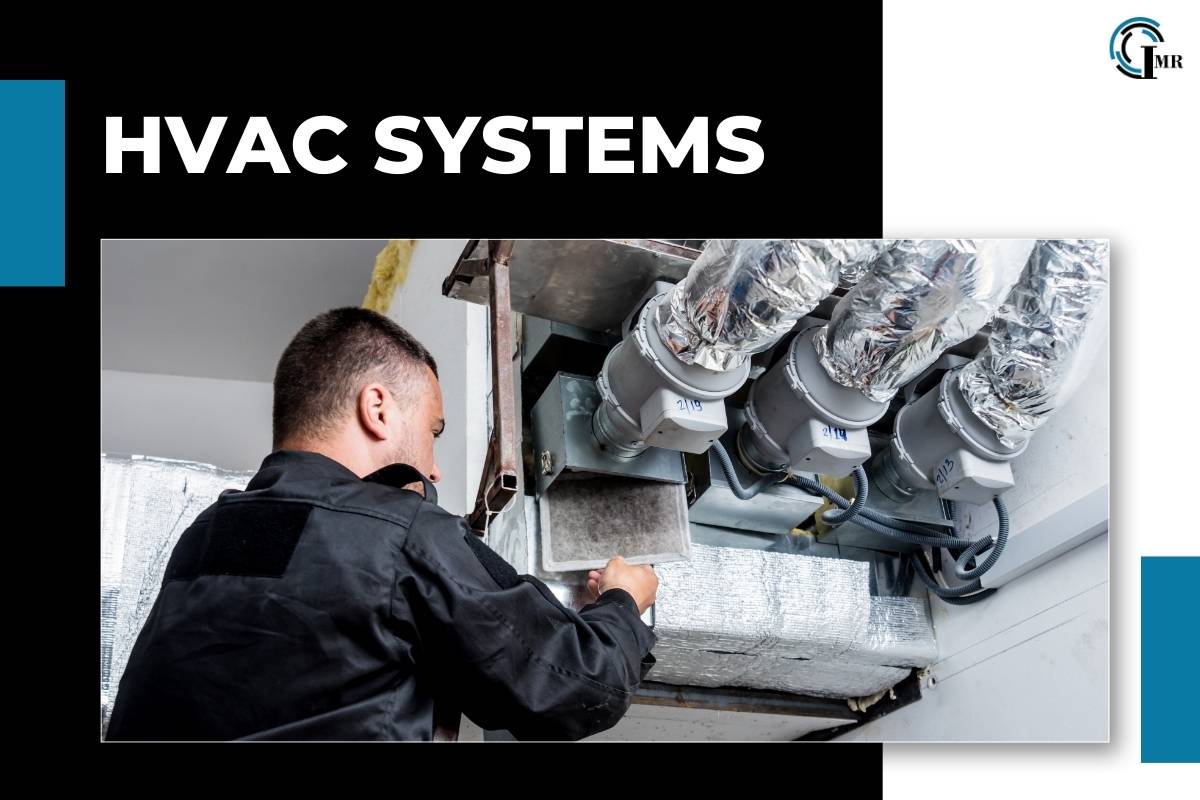
Everything You Need to Know about HVAC Systems
When you think about indoor comfort, the first things that come to mind are heating, ventilation, and air conditioning – collectively known as HVAC systems. These systems are crucial in maintaining a comfortable environment in both residential and commercial spaces, ensuring that indoor air quality and temperature are kept at optimal levels. This comprehensive guide will delve into what these are, how they work, their various types, and their importance in modern living and industry, including touch on their role in the automotive e-compressor industry.
What Are HVAC Systems?
HVAC stands for Heating, Ventilation, and Air Conditioning. These systems are designed to regulate the indoor environment of buildings by controlling the temperature, humidity, and air quality. They ensure that spaces are heated in the winter, cooled in the summer, and ventilated throughout the year to provide fresh air and remove contaminants.
Components of HVAC Systems
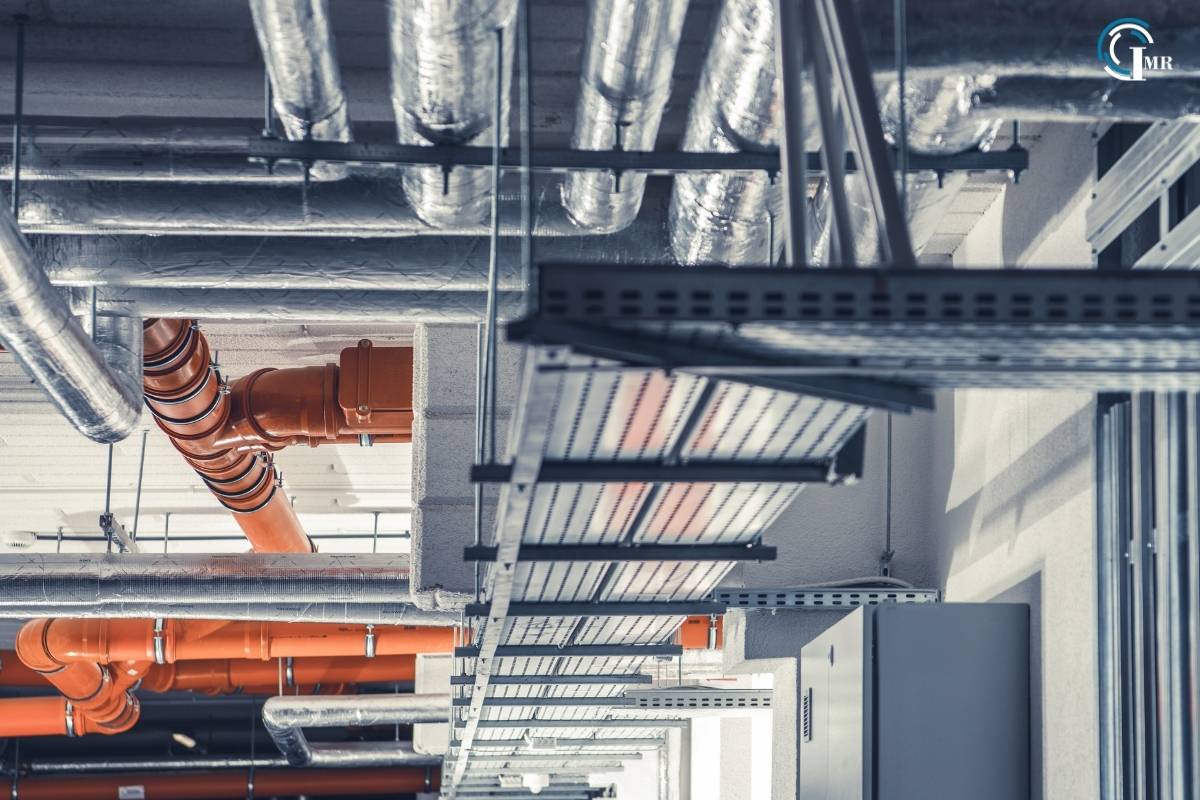
An HVAC system consists of several key components, each playing a vital role in maintaining indoor comfort:
- Heating Units: This includes furnaces and boilers that generate heat. Furnaces typically use gas, oil, or electricity to produce heat, which is then distributed through the building via ducts. Boilers use water to generate heat, which is circulated as steam or hot water through radiators or underfloor systems.
- Ventilation Systems: Ventilation ensures that there is a steady supply of fresh air in the building while expelling stale air. This can be achieved through natural ventilation (using windows and vents) or mechanical ventilation systems that use fans and ducts.
- Air Conditioning Units: These units are responsible for cooling the air and reducing humidity levels. They work by drawing warm air from the building, cooling it using refrigerants, and then circulating the cooled air back into the space.
- Thermostats: These devices regulate the temperature by controlling the heating and cooling systems. Modern thermostats can be programmed and even controlled remotely via smartphones.
How Do HVAC Systems Work?
These systems work through a process of heating, cooling, and ventilating the air within a building:
- Heating: During cold weather, the heating unit (furnace or boiler) generates heat. This heat is then distributed through the building via a network of ducts, radiators, or underfloor systems, ensuring that the indoor temperature remains comfortable.
- Cooling: In hot weather, the air conditioning unit draws warm air from the building, cools it using refrigerants, and then circulates the cooled air back into the space. The process also involves removing excess humidity from the air, making the indoor environment more comfortable.
- Ventilation: Ventilation systems ensure a continuous supply of fresh air while removing stale air. This is crucial for maintaining indoor air quality, as it helps to remove pollutants, allergens, and other contaminants.
Types of HVAC Systems
There are several types of HVAC systems, each suited for different applications and building types:
- Split Systems: These are the most common types that consist of separate units for heating and cooling. The heating unit is typically installed indoors, while the cooling unit is located outdoors.
- Packaged Systems: In these systems, all components (heating, cooling, and ventilation) are housed in a single unit, usually installed on the roof or a concrete slab next to the building.
- Ductless Systems: Also known as mini-split systems, these do not require ductwork and are ideal for buildings where installing ducts is impractical. They consist of an outdoor unit connected to one or more indoor units via refrigerant lines.
- Hybrid Systems: These systems combine a traditional furnace with a heat pump, allowing for efficient heating and cooling by switching between the two depending on the outdoor temperature.
- Geothermal Systems: These use the stable temperature of the ground to provide heating and cooling. They are highly energy-efficient and environmentally friendly but have higher installation costs.
Importance of HVAC Systems
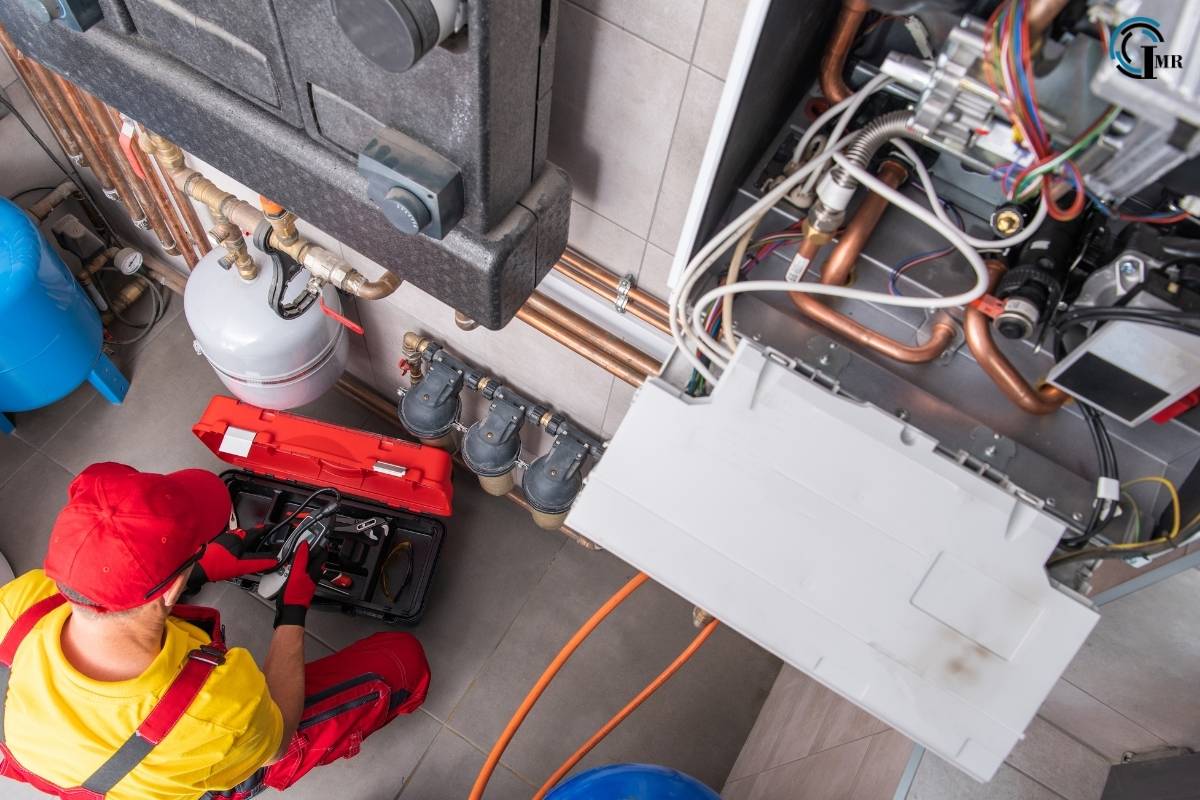
These systems are crucial for maintaining indoor comfort and air quality, which can have significant impacts on health, productivity, and overall well-being. Here are some of the key benefits:
- Comfort: By regulating temperature and humidity levels, they ensure a comfortable indoor environment year-round, regardless of the outdoor weather conditions.
- Air Quality: Proper ventilation and air filtration help to remove pollutants, allergens, and other contaminants from the indoor air, improving respiratory health and overall well-being.
- Energy Efficiency: Modern HVAC systems are designed to be highly energy-efficient, reducing energy consumption and lowering utility bills. Programmable thermostats and smart controls further enhance efficiency by allowing precise temperature control.
- Versatility: These systems can be customized to suit the specific needs of different buildings, from small homes to large commercial complexes. They can also be integrated with other building systems, such as lighting and security, for enhanced control and efficiency.
HVAC Systems in the Automotive E-Compressor Industry
The principles of HVAC are not limited to buildings; they also play a vital role in the automotive industry, particularly in the automotive e-compressor industry. E-compressors are electric compressors used in vehicle HVAC systems to provide cooling. They are especially important in electric and hybrid vehicles, where traditional belt-driven compressors are not feasible.
- Efficiency and Performance: E-compressors are more efficient than traditional compressors because they can be controlled independently of the engine speed. This leads to better performance and reduced energy consumption.
- Environmental Impact: E-compressors contribute to reducing the carbon footprint of vehicles by enhancing the overall efficiency of the HVAC system. This is particularly important in electric vehicles, where maximizing energy efficiency is crucial.
- Comfort: Just like in buildings, HVAC systems in vehicles ensure passenger comfort by regulating temperature and humidity levels inside the cabin. E-compressors play a critical role in maintaining this comfort, especially in extreme weather conditions.
Future Trends in HVAC Systems
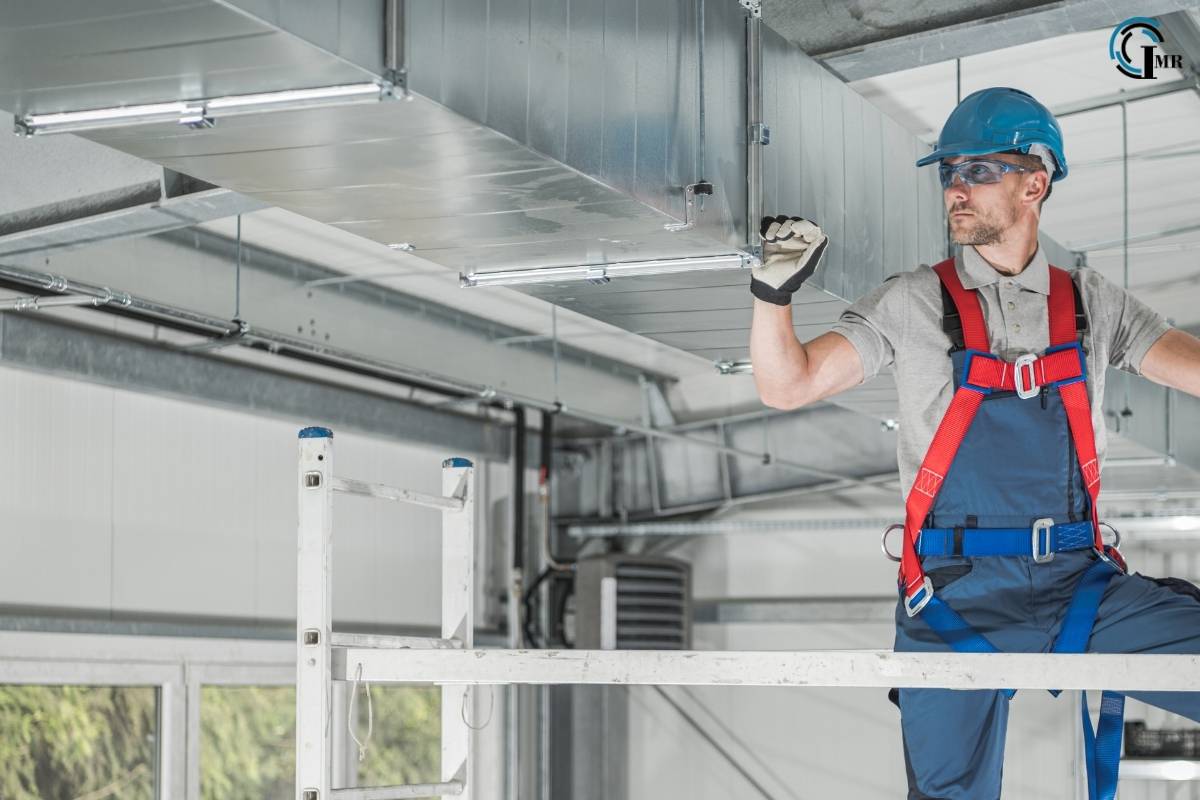
The HVAC industry is continuously evolving, with new technologies and innovations aimed at improving efficiency, sustainability, and user experience. Some of the emerging trends include:
- Smart HVAC Systems: Integration with smart home technologies allows for remote control and monitoring of these systems via smartphones and other devices. This enhances convenience and allows for more precise control over indoor environments.
- Energy Efficiency: Advances in materials, design, and technology are leading to more energy-efficient HVAC systems. This includes the use of variable-speed compressors, improved insulation, and more efficient heat exchangers.
- Sustainability: There is a growing emphasis on environmentally friendly HVAC systems, including the use of renewable energy sources (such as solar and geothermal) and the development of refrigerants with lower global warming potential.
- Indoor Air Quality: In response to increasing awareness of indoor air quality, these systems are incorporating advanced air filtration and purification technologies to remove pollutants, allergens, and pathogens from the indoor air.
- Customization: Future HVAC systems are likely to offer greater customization options, allowing users to tailor their indoor environments to their specific preferences and needs.
Conclusion
HVAC systems are an integral part of modern living, providing essential heating, cooling, and ventilation to ensure comfort and well-being in indoor spaces. From residential homes to large commercial buildings and even vehicles, these systems play a crucial role in maintaining optimal indoor environments. As technology continues to advance, the future of HVAC systems looks promising, with a focus on energy efficiency, sustainability, and enhanced user experience. The integration of HVAC principles in the automotive e-compressor industry highlights the versatility and importance of these systems in various applications, further underscoring their significance in our daily lives.




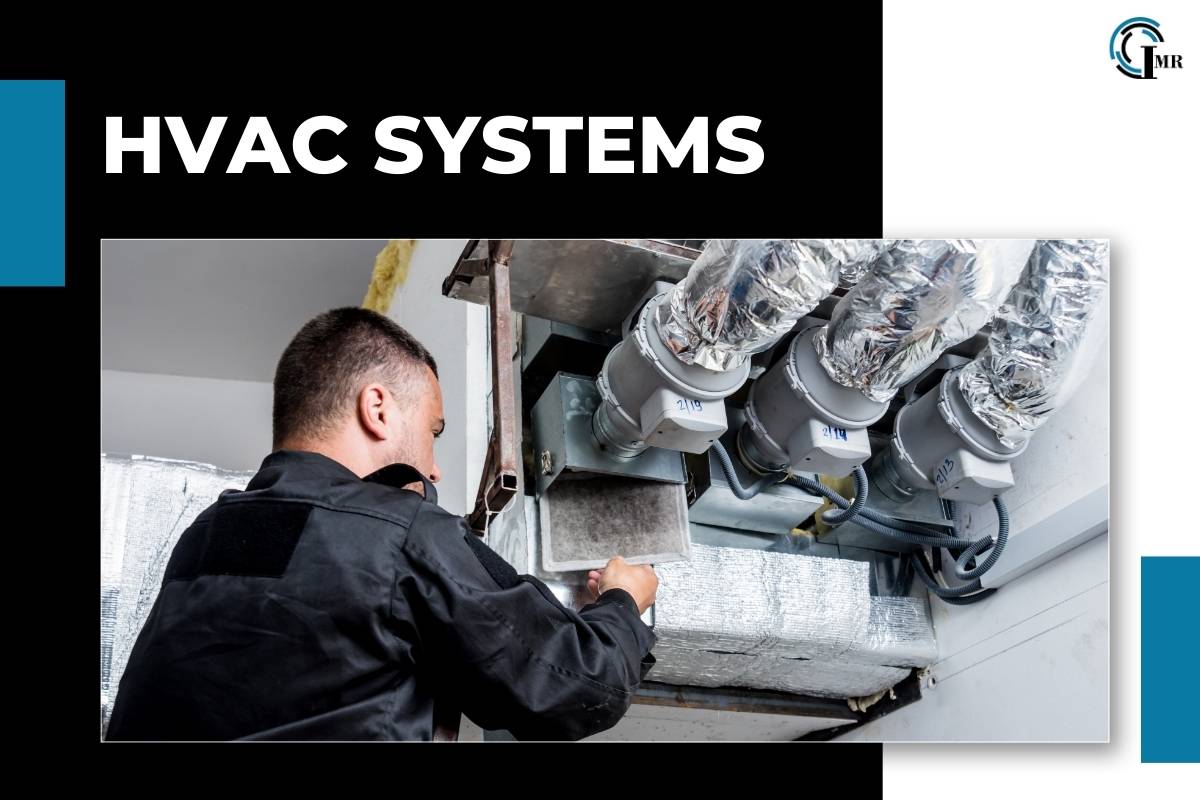
Comments